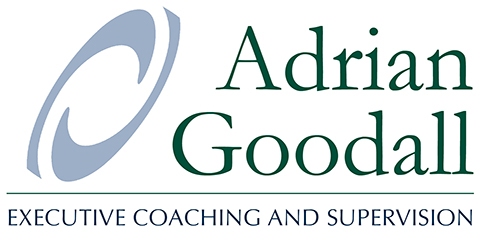60 years ago today, ‘Nature’ Magazine published James Watson & Francis Crick’s description of the ‘double helix’ structure of DNA – an amazing moment for science and mankind. Their work was an important step in the journey towards so much that is important to us today in healthcare, cancer research and many other fields. Jacob Bronowski’s reference to Watson & Crick’s work in his impassioned ‘Ascent of Man’ series ultimately inspired me to go on and study biochemistry at University.
Who could have guessed in 1953 what seems so ‘normal’ now? Huge progress has been made in many areas of science and technology: nuclear physics, neuroscience, communications, the internet and iPads to name a few! And what other extraordinary achievements will we see in our lifetimes? Prepare to be amazed again.
But while science and technology hurtle forward, one thing which, arguably, doesn’t change much is the human condition: our need for fulfilment, meaning, motivation, identity, connection – and how that is manifested in family, relationships, creativity, careers, society and leadership. In the end I wasn’t much of a biochemist and my work now focuses on people – and how they can achieve their best results in their lives and within their human conditions.
In my work as an executive coach people often ask what coaching brings. For me, it’s about providing support for the client’s ‘ascent’ – whatever that might mean for them. Perhaps it’s how a lawyer can connect with and manage their team; or how an asset manager can cut through ‘all the noise’ with clarity; how an accountant can develop the self-confidence to become a leader; or how a multi-national team can build trust and focus together; how a marketing director can build engagement and commitment for promotion; or how an entrepreneur can believe in themself as, well, an entrepreneur! All of these results could have been true in 1953 too.
The answers for dealing with the doubt, anxiety, confusion or isolation that gets in the way come from within their own human condition. And the methods for revealing those answers are grounded in thinking from Watson & Crick’s time (Carl Rogers’s person-centred approach) and much earlier (Socrates!), combined with a clear focus on the outcome they want – and the ‘space’ to think and share confidentially.
I’ll leave you with Bronowski’s final words from his series (yes, I still have the book!) which, for me, captures both the excitement of the future and, also, why my work is important to me:
“We are all afraid – for our confidence, for the future, for the world. That is the nature of the human imagination. Yet every man, every civilisation, has gone forward because of its engagement with what it has set itself to do. The personal commitment of a man to his skill, the intellectual commitment and the emotional commitment working together as one, has made the Ascent of Man.”
Thank you for your time and attention. If you’d like to share this message with others, please do. And I’m running the Devizes Half-Marathon this year for Cancer Research UK (science!) and Mind, the mental health charity (the human condition!). Do please take a look and support if you can: justgiving.com/teams/adriangoodall



